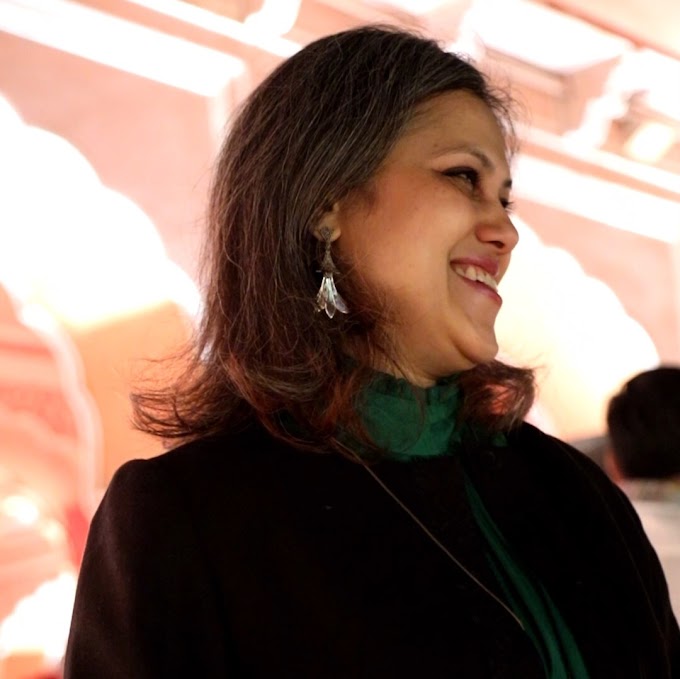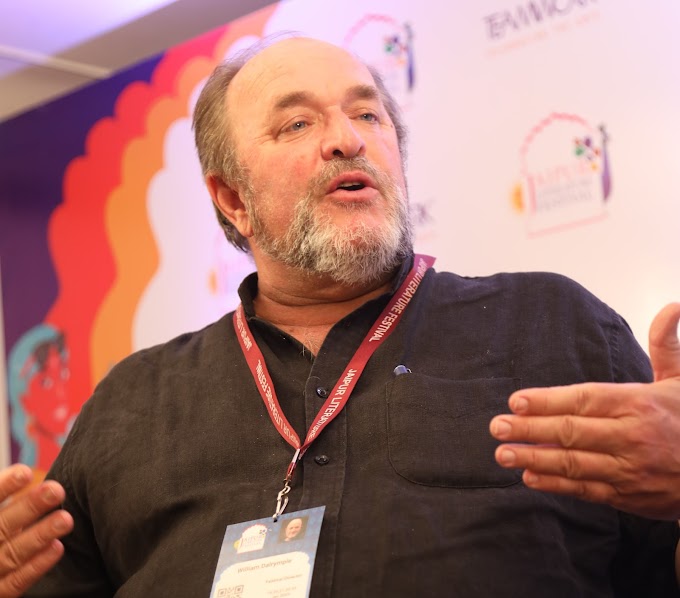As the G20 summit looms on the horizon, significant hurdles remain on the path to achieving a consensus among global leaders. Tensions are running high, with China emerging as a pivotal roadblock, particularly concerning the Ukraine crisis and climate change proposals. In this blog post, we delve into the latest developments and explore the implications of these challenges for the G20 summit and global cooperation.
The world eagerly anticipates the G20 summit, a gathering of global leaders where pressing international issues are typically
addressed. However, the lead-up to this year's summit has been marked by
uncertainty, as negotiations struggle to find common ground on critical matters
such as the Ukraine crisis and climate change policies.
Multiple sources have indicated that China is at the center of
the deadlock, obstructing efforts to reach a consensus on addressing the
Ukraine crisis and other contentious issues. While hope remains for positive
outcomes, the negotiations are proving to be an uphill battle.
One of the most contentious issues on the G20 summit agenda is
the Ukraine conflict. Sources have disclosed that the G7 countries are not
willing to accept a leaders' declaration that does not reference this ongoing
crisis. This stance underscores the gravity of the situation in Ukraine and the
global community's determination to address it collectively.
The road to consensus has been rocky, with Russia and
China, previously in agreement on two paragraphs in the Bali declaration last
year, now backtracking on their commitments. This shift has presented
significant challenges for India, the host of this year's G20 summit.
Amitabh Kant, India's G20 sherpa, expressed confidence that
the New Delhi Leaders' Declaration would reflect the voices of the global south
and developing countries. He emphasized the importance of leaders' acceptance
before discussing the declaration's achievements.
Foreign Secretary Vinay Mohan Kwatra shared his optimism about
achieving a consensus on the communique, despite concerns that the Ukraine
conflict might impede agreement on the New Delhi Declaration. India's
expectation is that all G20 members will eventually converge on a consensus.
European Council President Charles Michel voiced the European
Union's (EU) support for India's efforts to finalize a consensus leaders'
declaration. He reaffirmed the EU's unwavering commitment to Ukraine in the
face of Russia's aggression, emphasizing the importance of defending principles
while supporting India's diplomatic endeavors.
Michel also underscored Russia's isolation from the
international community and highlighted the severe consequences of the Russian
invasion on developing countries, particularly in terms of food and energy
security. He pointed to Moscow's withdrawal from the Black Sea Grain Initiative
as a concerning development.
The G20 represents a formidable collective, accounting for
approximately 85% of global GDP, over 75% of global trade, and nearly
two-thirds of the world's population. Its members encompass Argentina,
Australia, Brazil, Canada, China, France, Germany, India, Indonesia, Italy, Japan,
the Republic of Korea, Mexico, Russia, Saudi Arabia, South Africa, Turkey, the
UK, the US, and the European Union (EU).
.png)



